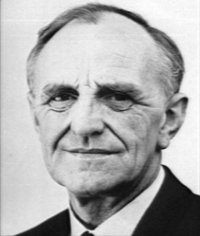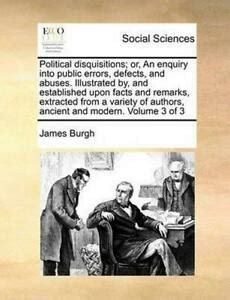A Quote by Neal Shusterman
And he thinks that if his soul had a form, this is what it would be. A baby sleeping in his arms.
Related Quotes
There was no God in his heart, he knew; his ideas were still in riot; there was ever the pain of memory; the regret for his lost youth-yet the waters of disillusion had left a deposit on his soul, responsibility and a love of life, the faint stirring of old ambitions and unrealized dreams...... And he could not tell why the struggle was worth while, why he had determined to use to the utmost himself and his heritage from the personalities he had passed... He stretched out his arms to the crystalline, radiant sky. I know myself," he cried, "but that is all.
The mother gazes at the baby in her arms, and the baby gazes at his mother's face and finds himself therein... provided that the mother is really looking at the unique, small, helpless being and not projecting her own expectations, fears, and plans for the child. In that case, the child would find not himself in his mother's face, but rather the mother's own projections. This child would remain without a mirror, and for the rest of his life would be seeking this mirror in vain.
Was his life nothing? Had he nothing to show, no work? He did not count his work, anyone could have done it. What had he known, but the long, marital embrace with his wife. Curious, that this was what his life amounted to! At any rate, it was something, it was eternal. He would say so to anybody, and be proud of it. He lay with his wife in his arms, and she was still his fulfillment, just the same as ever. And that was the be-all and the end-all. Yes, and he was proud of it.
No kingdom can be secured otherwise than by arming the people. The possession of arms is the distinction between a freeman and a slave. He, who has nothing, and who himself belongs to another, must be defended by him, whose property he is, and needs no arms. But he, who thinks he is his own master, and has what he can call his own, ought to have arms to defend himself, and what he possesses; else he lives precariously, and at discretion.
As a teenager in Brooklyn Quentin had often imagined himself engaged in martial heroics, but after this he knew, as a cold immutable fact, that he would do anything necessary, sacrificing whatever or whomever he had to, to avoid risking exposure to physical violence. Shame never came into it. He embraced his new identity as a coward. He would run in the other direction. He would lie down and cry and put his arms over his head or play dead. It didn't matter what he had to do, he would do it and be glad.
Sometimes he thinks that if he could only trace the path of his life carefully enough, everything would become clear. The ways that he screwed up would make sense. He closes his eyes tightly. His life wasn't always a mistake, he thinks, and he breathes uncertainly for awhile, trying to find a pathway into unconsciousness, into sleep.
The barbarians of Germany had felt, and still dreaded, the arms of the young Caesar; his soldiers were the companions of his victory; the grateful provincials enjoyed the blessings of his reign; but the favourites, who had opposed his elevation, were offended by his virtues; and they justly considered the friend of the people as the enemy of the court.
When Christ was about to leave the world, He made His will. His soul He committed to His father; His body He bequeathed to Joseph to be decently interred; His clothes fell to the soldiers; His mother He left to the care of John; but what should He leave to His poor disciples that had left all for Him? Silver and gold He had none; but He left them that which was infinitely better, His peace.


































